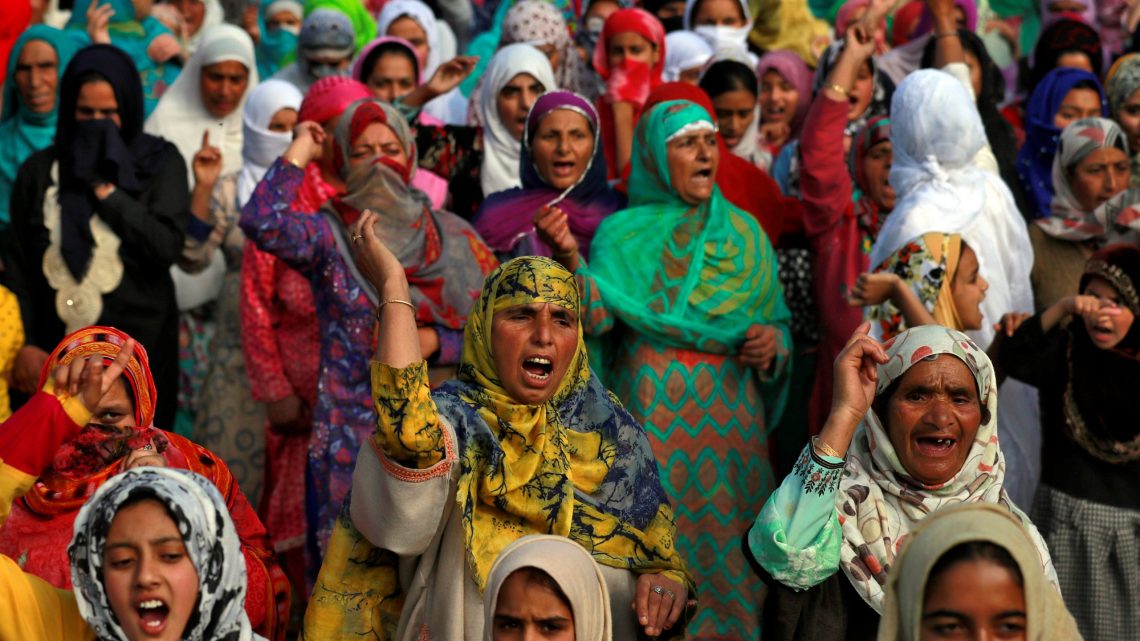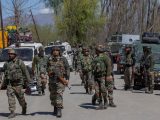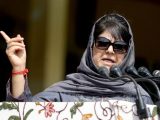
Voices from IIOJK Reveal the Current Situation amidst Sham Elections
May 16, 2024The recent sham elections in Indian Illegally Occupied Jammu and Kashmir (IIOJK) have cast attention on the harsh reality faced by the Kashmiri people, bluntly contradicting the optimistic assertions made by Narendra Modi. Despite Modi’s claims of normalcy and progress, voices from within Kashmir tell a different story—one of repression and fear.
The polling process in three constituencies of IIOJK has become a platform for various political representatives to speak out about the dire conditions in the region. Waheed Para, from the People’s Democratic Party, described an atmosphere of pervasive fear, where individuals are reluctant to express their views. He referred to this environment as a “Raid Raj,” suggesting that government agencies are being used to silence dissent. Para also pointed out the misuse of the Unlawful Activities (Prevention) Act (UAPA), which is frequently invoked to suppress any form of opposition or critique.
Para’s dire concerns, Agha Ruhoallah of the Jammu and Kashmir National Conference highlighted the coercion faced by government employees in the region. He criticized the Modi-led government for prioritizing infrastructural development projects that do not benefit the local population. Ruhoallah cited the tragic incident where the cessation of bridge construction led to the deaths of seven innocent people, underscoring the fatal consequences of such misguided priorities.
These testimonies from Kashmiri political leaders paint a poor picture that sharply contrasts with the narrative promoted by Modi’s government and certain supportive media outlets. While the government maintains a façade of progress and stability, the reality on the ground involves severe restrictions on freedom of speech and widespread intimidation.
The voices from Kashmir highlight the deep-rooted issues in IIOJK that remain unaddressed by the central government. The use of UAPA to stifle dissent is a clear indication of the repressive measures employed to maintain control over the region. This act, intended to combat terrorism, is being misapplied to penalize those who dare to speak out against the injustices they face.
Furthermore, the emphasis on infrastructure projects, as pointed out by Ruhoallah, reveals a disconnect between the government’s priorities and the actual needs of the Kashmiri people. The tragic deaths resulting from halted bridge construction serve as a sad reminder of the human cost of such policies.
To conclude, the recent elections in IIOJK have brought to the forefront the severe discrepancies between the official narrative and the lived experiences of the Kashmiri people. As political representatives from the region continue to speak out, they expose the reality of oppression and coercion that defines daily life in Kashmir. The international community and unbiased media must listen to these voices to understand the true extent of the suffering in IIOJK and to challenge the false narratives propagated by the Modi government.

